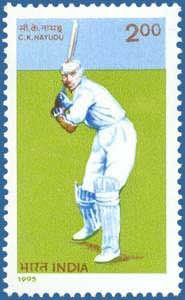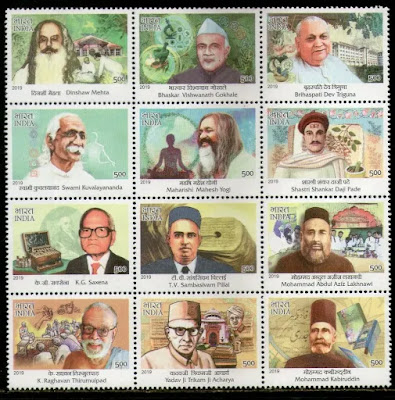Colonel Cottari Kanakaiya Nayudu (31 October 1895 – 14 November 1967) was an Indian cricketer and cricket administrator who served as the first-ever captain of the Indian national cricket team. He is widely regarded as one of India's greatest cricketers.His first-class cricket career spanned over 47 years from 1916 to 1963, a world record. He was a right-handed batsman, an accurate medium pace bowler, and a fine fielder. His ability to hit long sixes sent crowds into frenzy and became a part of Indian cricket folklore.He was chosen as one of the Wisden Cricketers of the Year in 1933. The Government of India awarded him the Padma Bhushan in 1956 — the first cricketer to be conferred the honour.









